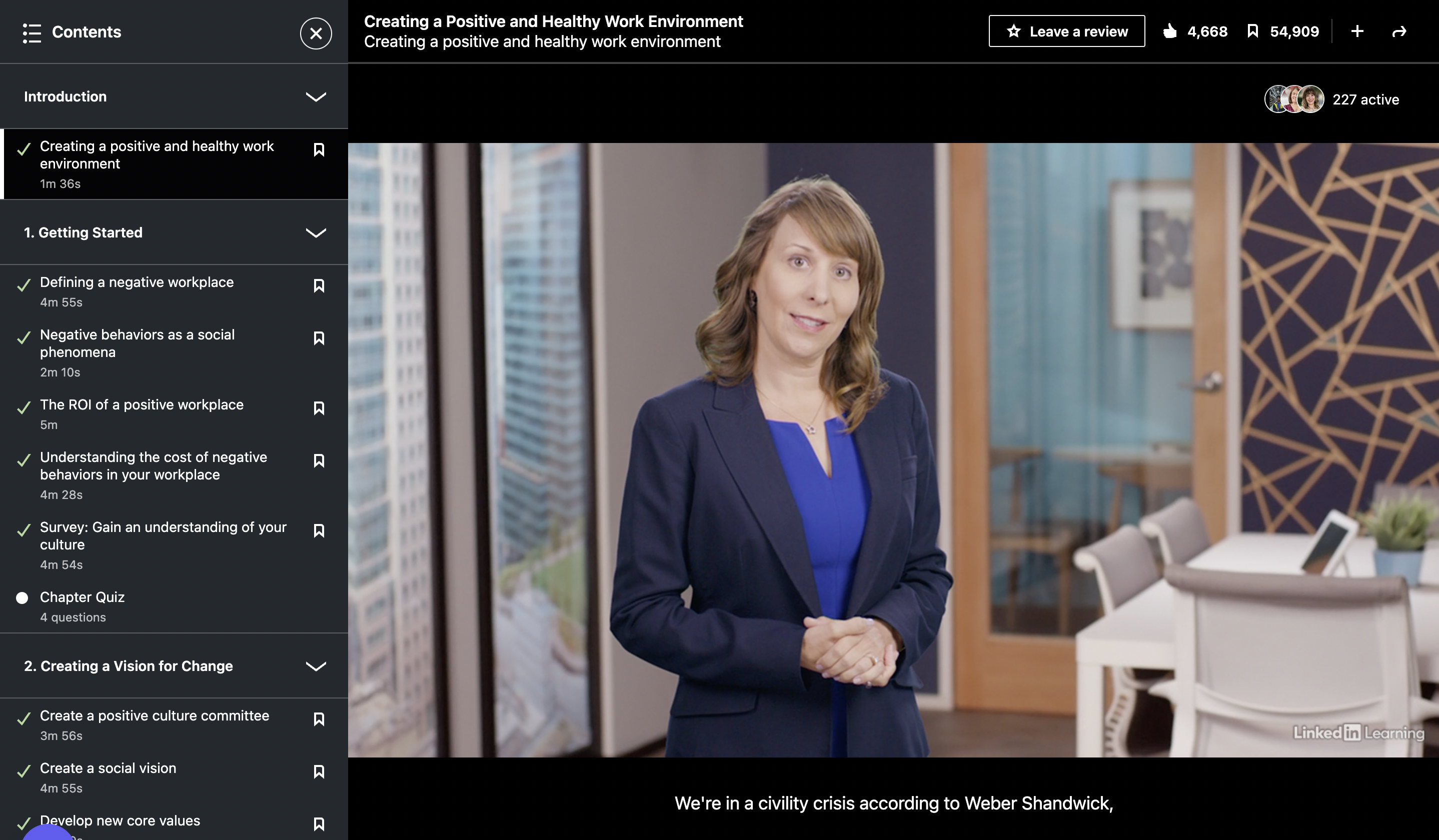Is it appropriate to restrict employees from expressing their political views at work?
On the one hand, you want people to feel free to express themselves. But then, you don’t want those water cooler chats to turn into full-blown political showdowns.
According to a Gartner survey, around four out of five employees admit to having political discussions at work, but almost half of them find themselves getting distracted on the job.
Here are some other interesting findings from Gartner’s Election 2020 Survey:
- Around a quarter of employees feel like the election has had a decent impact on how they do their jobs.
- One in three say they’ve been spending more time catching up on political news while on the clock because of the election chatter.
- And about a third of those who do talk politics at work find those discussions pretty stressful or frustrating.
Political discussions in the workplace are not uncommon.
However, when disagreements escalate and create division among employees, it can lead to significant consequences. A study revealed that 42% of employees, may consider seeking alternative employment when faced with such circumstances.
It’s wild how politics can stir things up at work. When it gets to the point where people are ready to hit the road, you know it’s serious.
What’s causing all this commotion? Well, it’s not just about Democrats versus Republicans or liberals versus conservatives. Rather, it’s the incivility that arises from differing opinions that is causing division within teams.
So, what’s the solution?
Well, banning political discussions outright isn’t the answer. We live in a democratic society, and everyone has the right to express their opinions.
However, it’s time to take a step back and remember what we’re here for – to work together as a team, regardless of our background, race, gender, or political beliefs. By prioritizing respect and empathy, to maintain a positive work environment and drive towards success despite differences.
HERE’S THE GOOD NEWS!
We have an upcoming webinar: Managing Incivility and Conflict in Political Discussions at Work. Scheduled for JUNE 26TH, 10AM PST / 1PM EST, this exclusive event is your ticket to smoother sailing in the workplace. Plus, you will gain 1 SHRM PDC!
We recognize how conversations around politics can escalate and want to give you everything you need to perpetuate positive, respectful behavior in your workplace.
Catherine and our newest team member, Bob, will share insights, tips, and real-world examples to help you manage political discussions with confidence.
Reserve your spot now. Attend live to get bonus resources, SHRM credit, and up-to-date information. Trust us, you won’t want to miss this!
Creating a Positive and Healthy Work Environment
We are making our course on Creating a Positive and Healthy Work Environment FREE for you! And you know the drill—share it with anyone in your network!
About our course:
Toxic workplaces cost organizations money in the form of lost productivity, poor employee health, and, in extreme cases, lawsuits. In this course, Catherine Mattice explains how companies that invest in a positive workplace can see an amazing return on their investment.
If you have a negative workplace, you can turn it around by creating a vision for change—and a positive culture committee to help you deliver a new culture to your workforce.
Catherine provides insight into conducting surveys and updating your performance management system, and offers tools such as a sample strategic plan and an exercise for creating core values.
Written by: Cleo Tubon and Jennifer Areola





